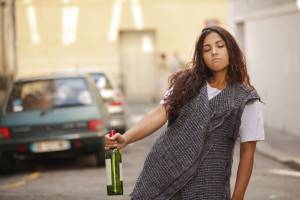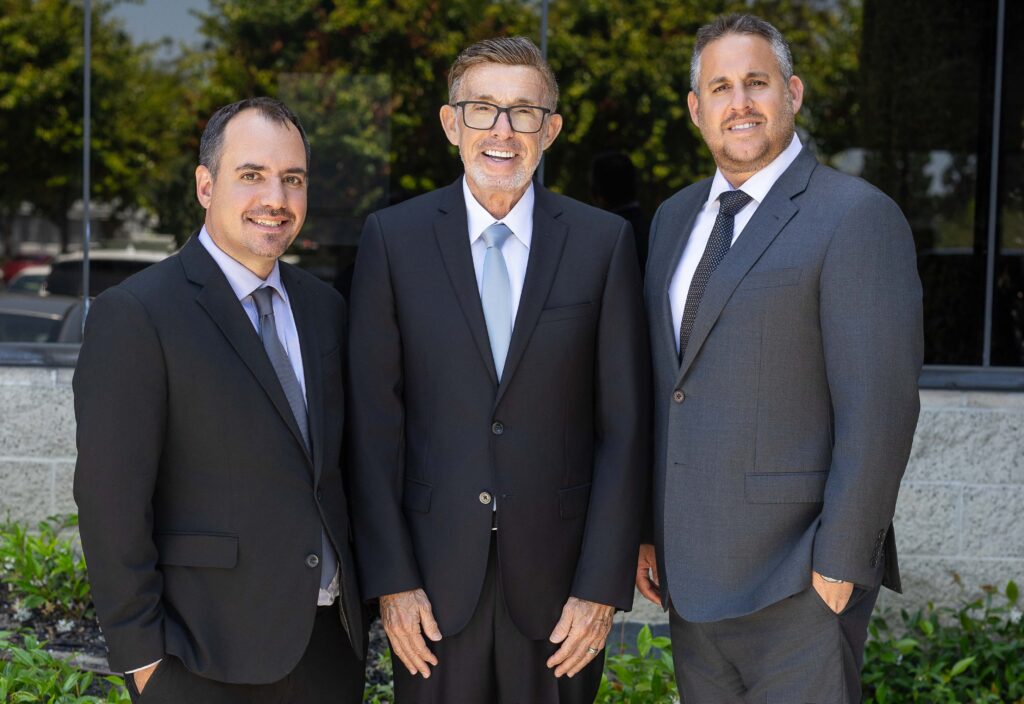Drunk in Public Laws – Prosecution (California Penal Code 647(f))
If you or a loved one have been charged for violating drunk in public laws, it is critical for you to hire an attorney to represent you. All too often, people convicted of crimes will settle for a public offender and find themselves in jail or prison wishing they had hired an attorney. Although this is not a serious offense compared to violent or drug-related crimes, California District Attorneys are cracking down on alcohol-related crimes. If you have been charged with being drunk in public, also referred to as “public intoxication,” do not hesitate to hire an attorney with experience in this field; your future depends on it.
When being charged with violating drunk in public laws, it is important to understand what this crime entails. Our attorneys at Wallin & Klarich of wish to share with you what the prosecution needs to prove in order to convict you of this offense.
Drunk in public laws under PC 647(f)
Under Penal Code 647(f)1, it is unlawful for you to be under the influence of any intoxicating liquor, drug, controlled substance or inhalant in a public place if you are unable to exercise care for your own safety or the safety of others, or while under the influence you interfere with or obstruct or prevent the free use of any street, sidewalk, or other public way.
In order to convict you of public intoxication in California, the prosecution must prove each of the following elements beyond a reasonable doubt:
- You were under the influence of alcohol, any drug, and/or an inhalant, and
- You were in a public place, and
- You were unable to exercise care for your safety or for the safety of someone else, or
- You interfered with, obstructed or prevented the free use of any street, sidewalk, or other public way.
Under the influence
The prosecution must prove that you were under the influence of an intoxicating liquor, drug, controlled substance or toluene at the time of your arrest. Police officers are trained to recognize signs of public intoxication, and their opinion as to your degree of intoxication is admissible as evidence in court whether a chemical test was administered on you or not.
Intoxicating liquor, drug, controlled substance, toluene
“Intoxicating liquor” means any alcoholic beverage. “Controlled substance” refers to any drug regulated by the government, either prescription medication: Vicodin, for example; or an illegal drug such as methamphetamine, cocaine, heroin, or marijuana. “Toluene” is an inhalant, such as any glue, Dust-Off, or nitrous oxide. Dust-Off is an aerosol spray commonly used to clean computers. Nitrous oxide is a gas found in whipped cream canisters.
However, the California prosecution must prove additional elements beyond simply being intoxicated in order for you to be convicted of public intoxication under Penal Code 647(f). You must have been found in a public place, which is any place accessible to the public and not private property. Bars and restaurants, the sidewalk and the street are examples of public places. Your home or driveway, and a hotel room are examples of private property.
Additionally, the prosecution must also prove either of these two elements:
- You were so compromised by your intoxication that you were unable to safely care for yourself or others, or
- You were interfering with, obstructing or preventing free access to a public way.
Unable to exercise care for his or her safety or the safety of others
In order to be convicted for violating drunk in public laws, your condition must have been so compromised by alcohol, drugs or inhalants that you lacked the ability to care for your safety, or the safety of others. This is an objective standard by which a reasonable person could conclude that you were a public safety risk while you were intoxicated, such that you were fighting or vomiting in the street, for example. An experienced attorney could argue that there was no sufficient evidence suggesting that you were unable to exercise reasonable care, and use this element in your favor to deliver a strong defense against the prosecution’s charges.
Interfering with, obstructing or preventing the free use of any street, sidewalk, or other public way
Alternatively, you can be convicted in California for violating drunk in public laws under Penal Code 647(f) if your condition was so compromised by alcohol, drugs or inhalants that you blocked free access to a public way, whether intentionally or unintentionally. Again, this is an objective standard of reasonability. For example, if you were passed out in the street, on a sidewalk, or on a bus stop bench, you can be charged with violating public intoxication/drunk in public laws.
Contact the Public Intoxication Attorneys at Wallin & Klarich Today
If you or someone you know has been charged for violating drunk in public laws in California, you need to contact an experienced criminal defense attorney at Wallin & Klarich today.
With offices in Orange County, Los Angeles, San Diego, San Bernardino, Riverside, Victorville, Torrance and West Covina, Wallin & Klarich has successfully represented clients facing public intoxication charges for over 40 years. Our experienced and professional criminal defense lawyers will thoroughly review your case and develop an effective strategy to help you to win your case. We’ve helped thousands of clients in their time of legal need, and we can help you now.
Call our offices today at (877) 4-NO-JAIL or (877) 466-5245 for a free phone consultation regarding your case. We will be there when you call.
All of the information provided on this page was retrieved from the following sources:
1. California Penal Code Section 647: http://law.onecle.com/california/penal/647.html↩


